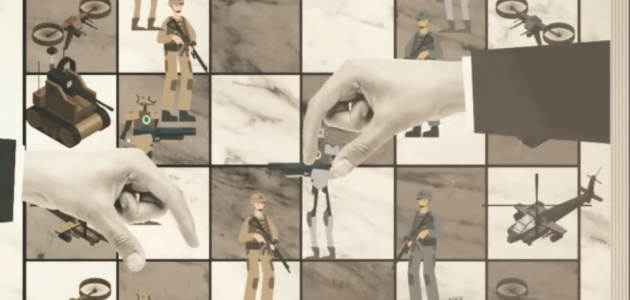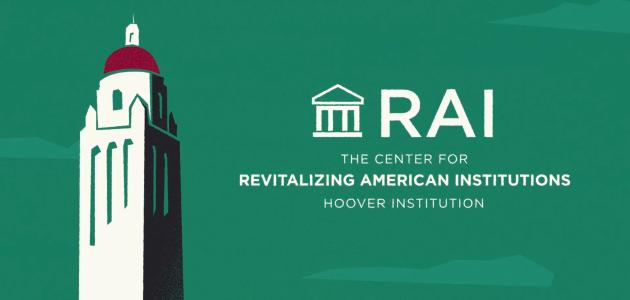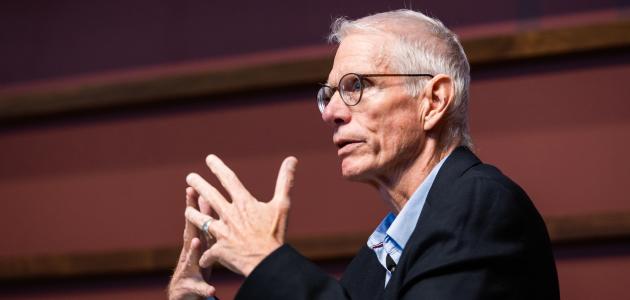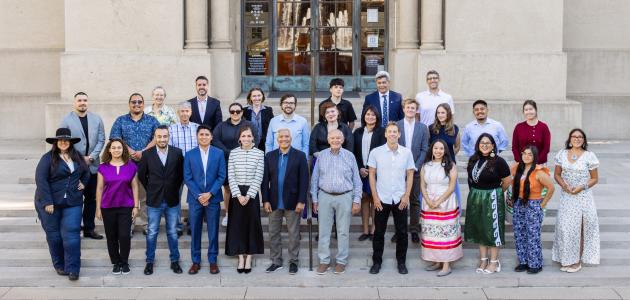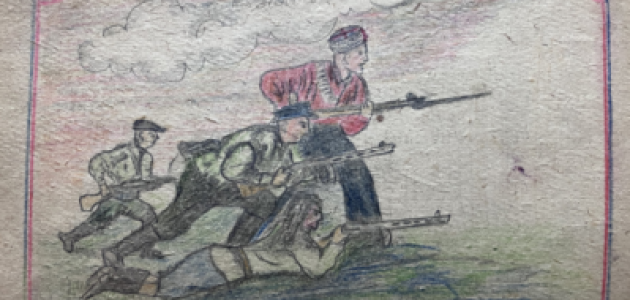Welcome to the Hoover Institution’s monthly briefing on national security. This month we have an interview with the president of Argentina; how cooperating democracies can combat China’s influence; Taiwan’s energy sector; a future for Gaza; cooperation in space; dealing with Iran’s nuclear ambitions; and embracing new drone technology while at the same time adapting US military doctrine for the 21st century. And from Hoover Library and Archives - Hoover acquires papers of Chao Heng-ti - a key figure in modern China’s federalism and constitutional experiment.
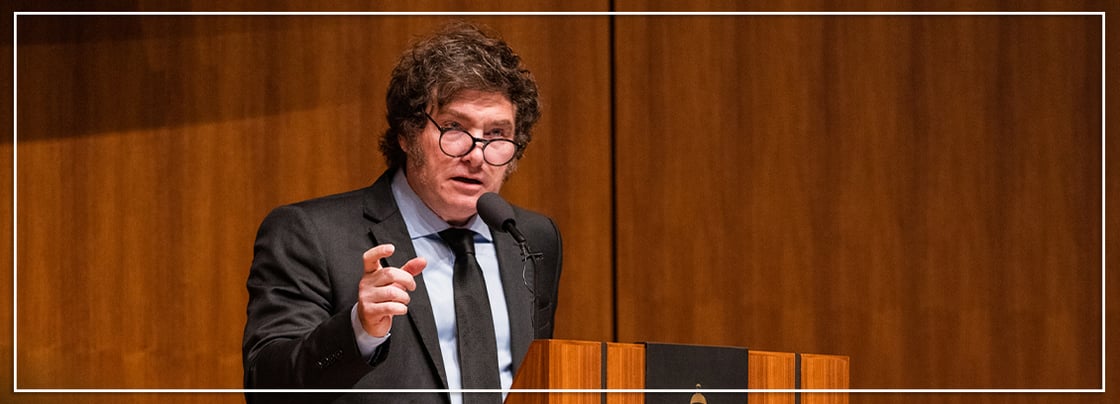
A Balancing Act
In a direct and frank interview with Argentine president Javier Milei, Hoover Milbank Family Senior Fellow Niall Ferguson reveals a politician driven not only by economic but moral imperatives. Acknowledging the relentless nature of his opposition among both entrenched interests in his own country and leftist elements in the West, Milei lays out his arguments for an increasingly free market economy that enhances personal freedoms and diminishes state intervention. The statistics on growth since his assumption to office bear out the wisdom of his strategy. Ferguson leads him further to address the issue of Israel, a “key relationship” for Milei. Here the president assails the woke left, describing what for him is the “meta discussion, which is the discussion of either good or evil, between freedom and democracy as opposed to totalitarians and murderers.” For him, the “standard in policy making is based on morality.”

The Five Pillars of Wisdom
In a recent editorial, former British Prime Minister and Hoover Distinguished Visiting Fellow Rishi Sunak outlines five pillars for a partnership of the democracies as they confront the challenge from the authoritarian axis led by China. “Neither standard free-trade agreements nor 19th century style military alliances are sufficient to the moment.” Sunak further argues that in order to meet the goal of spending 5 percent of GDP on defense, states must grow their economies to foot the bill. He encourages “free reciprocal trade among countries that contribute to our collective security.” The author asserts that technological cooperation is vital in light of advances in AI and China’s drive to use technology as “a sharp weapon of the modern state.” Energy independence is a crucial part of the alliance of democracies, and Sunak argues for a “new civil nuclear partnership to lower costs and spread the benefits of the technology.” All this must be achieved quickly—in what the author describes as “the short 21st century”.

Energizing Taiwan
Hoover Annenberg Distinguished Visiting Fellow Admiral James O. Ellis Jr. and Stanford Professor Steven Chu advocate for increased US participation in assessing and supporting Taiwan’s energy needs. As the world’s leading chip manufacturer, the importance of the island to America’s economy and security is indisputable. The authors argue for a resuscitation of the largely dormant nuclear power component of Taiwan’s energy sector and a revitalization of their crucial liquefied natural gas facilities to meet the growing needs of the country, particularly with the advent of AI. Taipei, with a vocal minority among the environmentalists, has advantaged renewables which have performed inadequately. Meanwhile, the Chinese military rehearses for a blockade of fuel to a dependent island. Ellis and Chu present Germany as the cautionary tale, having cornered itself with reliance on Russian fuel. Taiwan, by contrast, has time to adapt, and Washington should expedite that process. “The fate of Taiwan’s democracy may well rest in its ability to produce and store energy.”

Gaza without Hamas
In an essay that predates the decision by Prime Minister Netanyahu to temporarily occupy Gaza, Hoover Senior Fellow Russell A. Berman lays out the case for just that. In a clear and detailed argument that begins with an assessment of the region and regional players, both historically and in light of the major transformations of the last two years, the author anticipates the plan put forward by the Israeli government. Berman asserts that the only road ahead is to insist on the disarmament and exile of Hamas and future governance by a transitional Arab authority. Highlighting the strategic failures of past US administrations, particularly those of Obama and Biden, the author argues that Trump’s policy has never been state building but economic development, as with the Abraham Accords. In combination with just and peaceful temporary rule, this “will eventually be the way forward, but this will take time.”
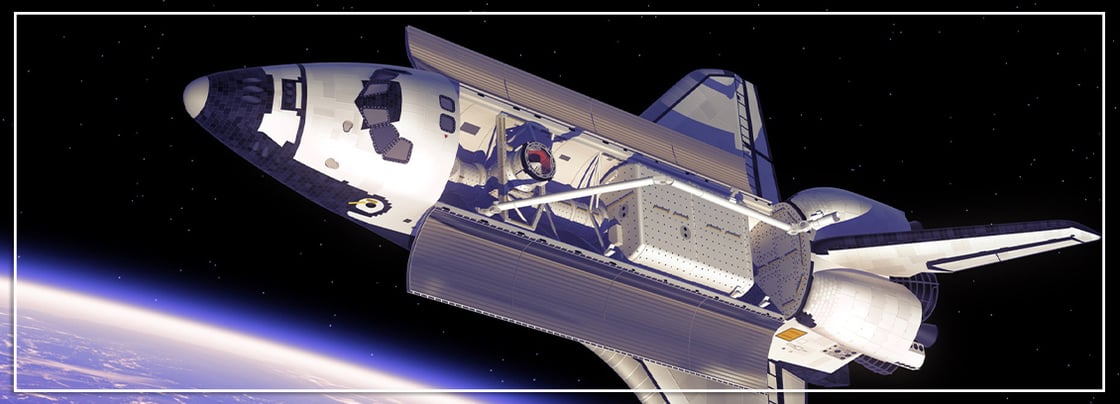
I Need My Space
Hoover Distinguished Visiting Fellow Vivek Lall cowrote an essay with American hero Buzz Aldrin on the new space age. The National Space Council 2.0 is a critical interlocutor for NASA, the US military, and high-tech entrepreneurs. It is no longer feasible to go it alone—cooperation between these three entities is vital for space exploration, security, and advancing technology. The US-led Artemis Accords have been signed by 55 countries and are the basis for cooperation in space. As the authors state, “If we embrace this integration of public and private, civil and military, domestic and international sectors, the US can lead a new era of space achievements. The National Space Council is the right body to steer this effort.”
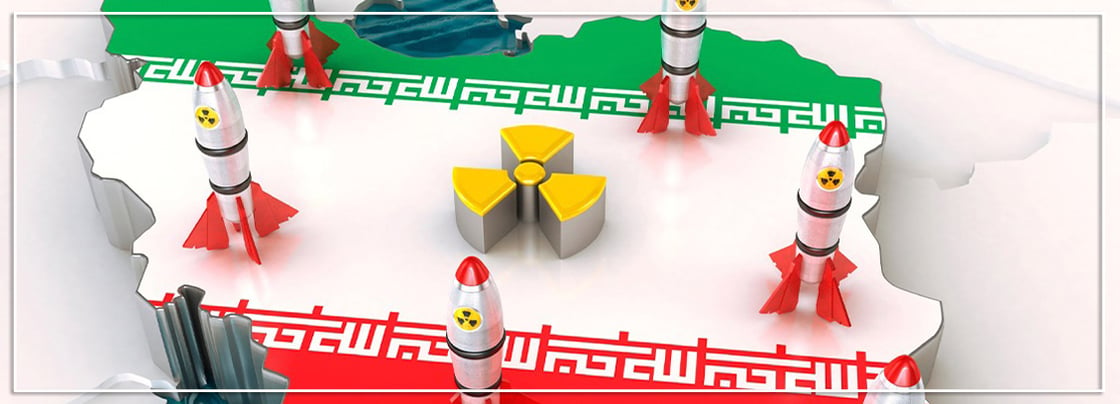
No Nukes for Iran
Hoover Distinguished Visiting Fellow Josef Joffe writes about the “mullahcracy,” which has ruled Iran since 1979, and America’s battles with this regime. The recent bombing of Iran’s nuclear facilities by Israel and the US was a good start, but the threat of rebuilding is real. Joffe points out that the American intervention that led to democratic change in postwar Germany and Japan was unique and will not happen again and not, in particular, in Iran. US intervention in Iran over the years has been tangled and fraught with missteps that failed to bear democratic fruit. As the author concludes, “The overarching strategic problem remains: keep the bomb out of Tehran’s hands. High-tech bombing, as shown by the American and Israeli feats, is easier than exporting democracy, whether by subtle support or brute force.”
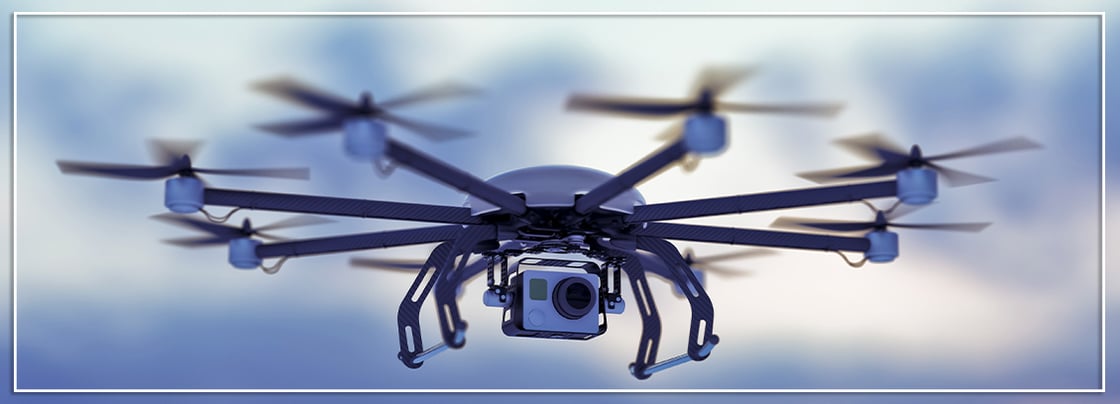
The Changing Face of Battle
Jacquelyn Schneider, Hargrove Hoover Fellow, along with Julia Macdonald write about a new generation of drones that is eclipsing the old formula while the US is still using drones that are a decade out of date. Countries such as Israel, Russia, and Ukraine are employing smaller and cheaper drones which can be situated on or near the battlefield rather than from afar. It is necessary for the United States to adjust its thinking on how to wage wars as the battlefield dynamics have changed. As the authors state, “First and foremost, US leaders will need to articulate a new theory of victory that considers how drone technologies can help the United States achieve strategic success.” Since the 1970s, the US has invested in unmanned technology with the aim to counterbalance overwhelming Soviet manpower and to cut down on battlefield casualties. The United States needs to adapt its military doctrine in the face of new challenges, and reevaluating the drone program is one vital step. But as the authors conclude, “The American military has been seduced by its operational and tactical successes but has fallen short of maintaining the strategic edge it needs to succeed in the conflicts of the twenty-first century. Without reevaluating the American way of war, no [number] of new drones will be able to defend the United States against wars it doesn’t want to fight.”
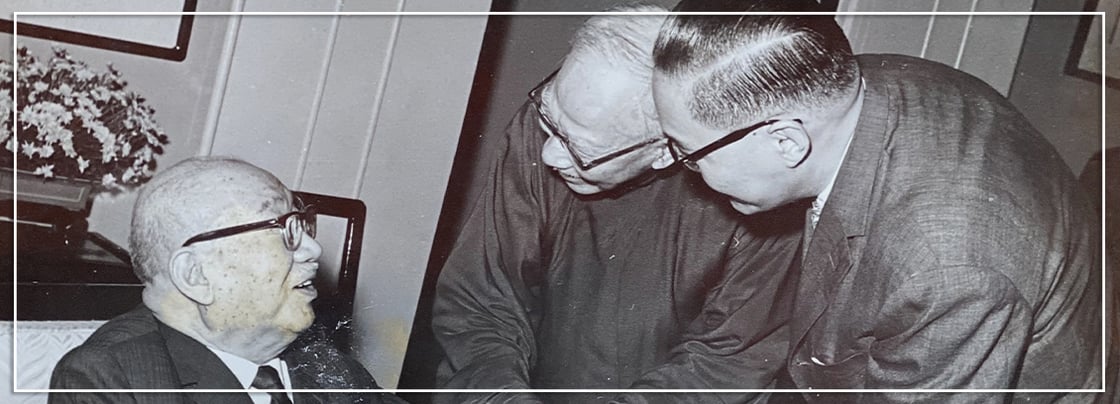
History in Focus: Hoover Archives Acquires Papers of Chao Heng-ti.
The collections include correspondence between Chao and Nationalist high-ranking political figures and aids our understanding of the complicated history of early Republican China.
Read more here.
For more insight on important national security issues visit www.hoover.org/focus-areas/determining-americas-role-world


















